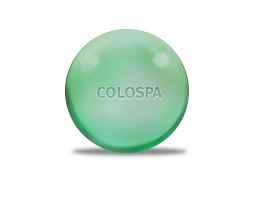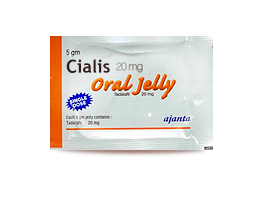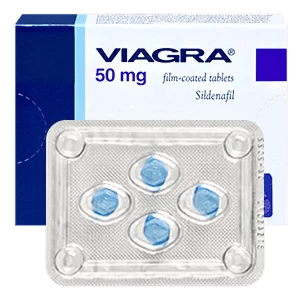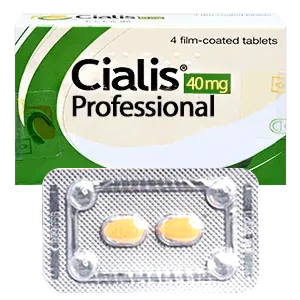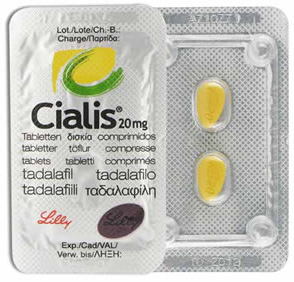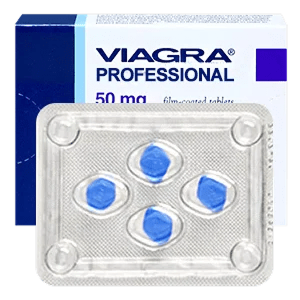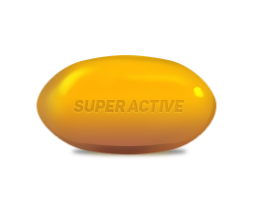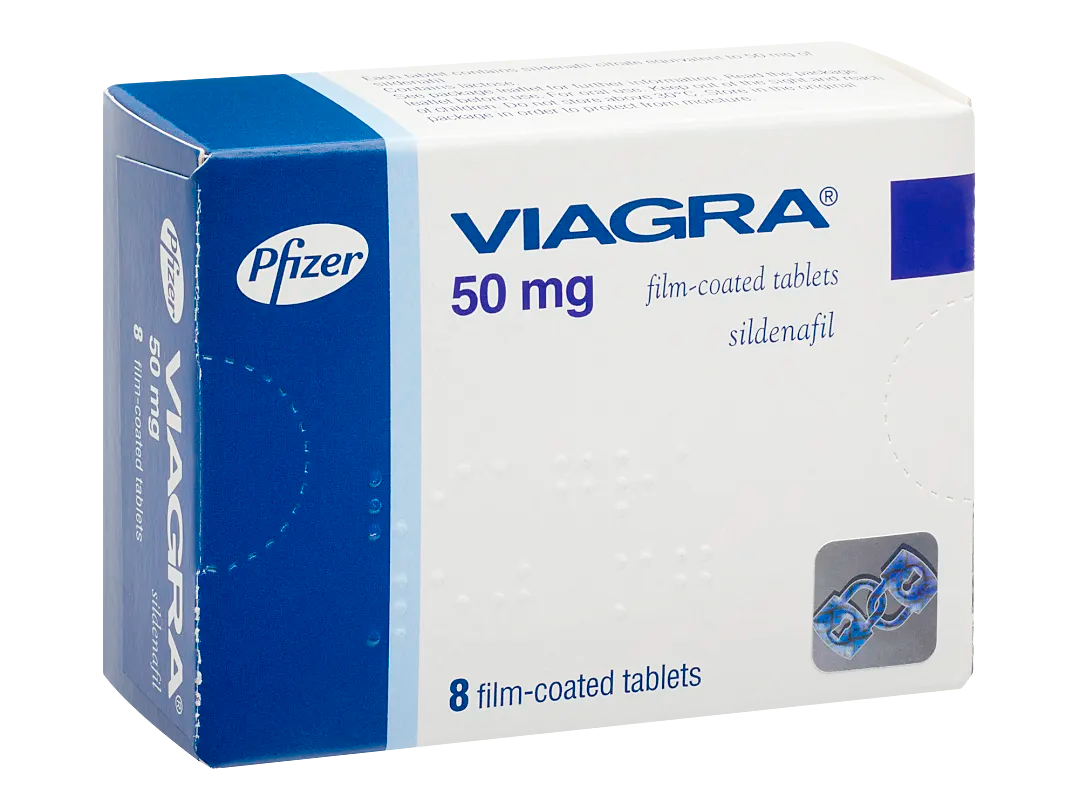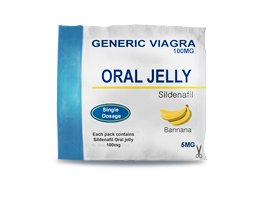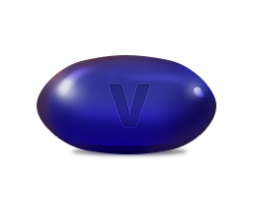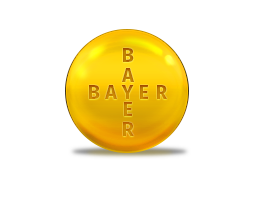Estrace - oestrogenic drug - 17 - beta oestradiol which is identical to endogenous oestradiol (which is formed in an organism of women, since the first menstrual period up to a menopause), developed by ovaries. Exerts feminizing impact on an organism. Stimulates development of a uterus, uterine tubes, vaginas, stroma and channels of mammary glands, pigmentation in nipples and generative organs, formation of secondary sexual characteristics on female type, growth and closing of epiphysis of long tubular bones.
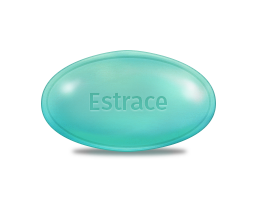
Sinequan - antidepressant, which is taken as prescribed by the doctor in case of the following indications: depression, anxiety and sleep disturbance in neuroses, alcoholism, organic diseases of the central nervous system, psychoneurotic disorders with anxiety, depression, psychotic depression (including the involutionary, reactive depressive phase of manic-depressive Psychosis). In general therapeutic practice - duodenal ulcer, dumping syndrome, premenstrual syndrome, chronic pain in cancer patients, skin itching, chronic idiopathic urticaria.
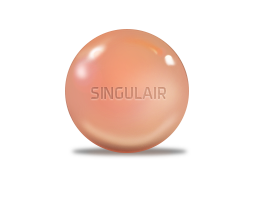
Adalat, which is nifedipine - belongs to hypotensive medicine with antianginalny activity. Blocking calcic channels, an active component of Adalat (nifedipine) causes decrease in intracellular concentration of ions of calcium in smooth muscle cell of intima of vessels and cardiocyte, causing vasodilatory action - in particular, on coronary vessels. As a result of decreases systolic blood pressure, falls TPR and decreases afterload on cardiac muscle. Except for normalization of a coronary blood flow, Adalat promotes pressure decrease in system of pulmonary artery, improves cerebral haemo dynamics. Long-term taking of medicine guarantees anti-atherogenous action, prevents thrombocyte aggregation.
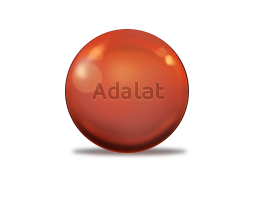
An antimicrobial agent from the fluoroquinolone group. It has a broad spectrum of antibacterial action. The therapeutical indications include bacterial infection of the urinary tract (pyelonephritis, cystitis, urethritis), genitals (prostatitis, cervicitis, endometritis), gastrointestinal tract (salmonellosis, shigellosis), uncomplicated gonorrhea. Also used to prevent infections in patients with granulocytopenia, diarrhea of travelers.
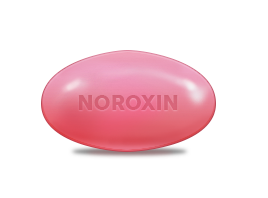
A blocker of H1-histamine receptors of the first generation, derived from ethanolamine; eliminates the effects of histamine, mediated through this type of receptors. Promotes the local anaesthesia (when intaken, there is a short numbing of the mucous membranes in the mouth) - only in high doses, it blocks m-cholinergic receptors in the central nervous system, has sedative, hypnotic, antiemetic and antiparkinsonian effects. The therapeutic indications include: allergic conjunctivitis, allergic rhinitis, chronic urticaria, pruritic dermatoses, dermatographism, serum sickness.
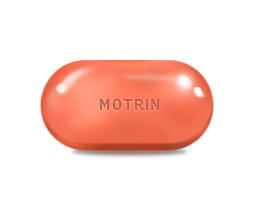
Colospa - myotropic spasmolytic with selective effect on unstriated muscles of digestive tract. Eliminates a spasm, without influencing a normal peristaltics of intestines. Unlike cholinolytic medicine, Colospa does not affect at muscarinic receptor and does not cause characteristic of antispasmodics with muscarinic receptor action of side effects (feeling of dryness in a mouth, vision disorders, an urination delay) that allows for patients to take it at prostatauxe or glaucoma. Taking of Colospa is not followed by development of reflex hypotonia of intestines.
